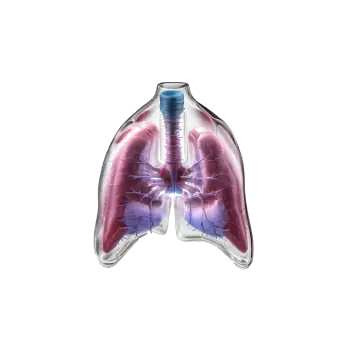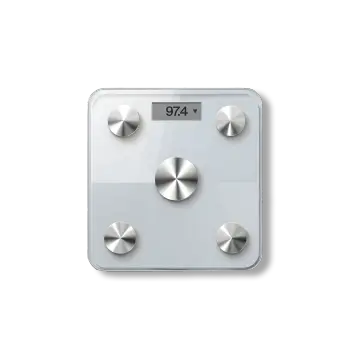Quick version
When aiming for your ideal weight, it's important to do it in a safe and sustainable way. Not everyone needs to lose weight, especially if you are already within a normal BMI range. Here is a simple guide to understand the basics of healthy weight loss:
Basic points for healthy weight loss:
- Check your BMI: Use a BMI calculator to see if you need to lose weight.
- Avoid quick fixes: Rapid weight loss through extreme diets can harm your health in the long run.
- Balanced diet: Eat a diet rich in vegetables, fruits, whole grains, and lean protein.
- Calorie control: Create a calorie deficit by balancing diet and increasing physical activity, aiming for 500-1000 calories less per day to lose about 0.5-1 kg per week.
- Watch out for hormonal imbalances: If you're having difficulty losing weight despite efforts, consider a blood test to check hormones and other weight-related markers.
By following these steps, you can achieve a healthy weight in a way that is safe and sustainable for your body and well-being.
The BMI calculator can give an indication of where you stand in relation to recommended weight levels, and is often used as a first step in assessing your weight status.
Losing weight – why and how should one work on weight loss?
For those who are overweight or obese, weight loss can lead to significant health benefits, including reduced risk for chronic diseases such as type 2 diabetes and heart disease. However, weight loss should occur in a sustainable and healthy manner. This means avoiding "quick fixes" or extreme diets, which often lead to temporary results and can be harmful to the body in the long term.
Losing weight quickly – unsustainable and harmful to the body
Many are attracted to the idea of losing weight quickly, but rapid weight loss methods such as extreme low-calorie diets or eliminating entire food groups are not sustainable and can damage the body. Rapid weight loss often leads to loss of muscle mass and can also negatively affect the body's metabolic rate, making it harder to maintain weight in the long term.
Extreme ways to lose weight
Extreme diets that involve very low calorie intake or excessive exercise can be dangerous and are rarely effective in the long term. Such methods can lead to nutritional deficiency, exhaustion, and other serious health problems.
Can you lose weight by using Resorb?
Resorb is primarily a product designed to restore the body's fluid balance, often used after periods of dehydration such as during illness or intense exercise. There is no scientific evidence that Resorb is effective for weight loss.
What and how should you eat to lose weight?
A balanced diet is key to both weight loss and weight maintenance. Focus on eating a varied diet rich in vegetables, fruits, whole grains, lean protein, and healthy fats. Controlling portion sizes and avoiding high-calorie foods and drinks like sugary beverages can also help create a calorie deficit without sacrificing nutrition.
How many calories should you eat to lose weight?
To lose weight, a calorie deficit is required, which means consuming fewer calories than you burn. This can be achieved through a combination of diet and increased physical activity. A common recommendation is to aim for a deficit of 500-1000 calories per day to safely lose about 0.5-1 kg per week.
Can hormonal imbalances affect tour ability to lose weight?
Yes, there are several hormonal disorders that can make it harder to lose weight. Hormones play a central role in regulating metabolism, appetite, and fat storage, and an imbalance can affect the body's ability to effectively manage weight.
If you suspect that hormonal imbalances are affecting your ability to lose weight, a blood test that measures hormones, blood sugar, cortisol, and other markers critical for metabolism and weight management can provide important insights. Here you can read more about our health package Weight Check.



























